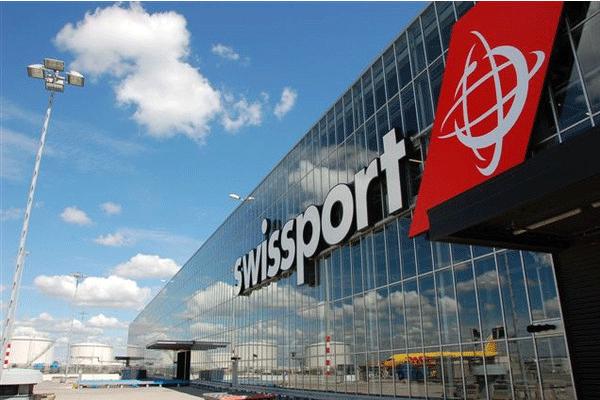
FlyingTypers caught up with the
estimable Steven J. K. Lee, Chairman of Singapore Aircargo Agents
Association and also a senior executive at DHL Global Forwarding.
He believes that there is plenty to be positive about on Asia lanes
despite fears of hard landing in China and ongoing doubts about European
demand. He also warned that the European emissions trading scheme
will make it even harder for airlines to cope with rising fuel prices.
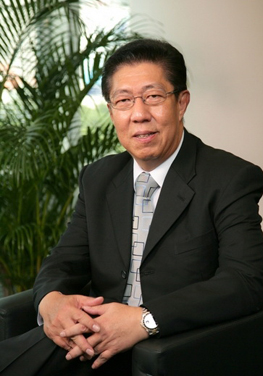 “Overall
the result for last year was not so drastic; some forwarders did better
than previous years and some forwarders did worse. “Overall
the result for last year was not so drastic; some forwarders did better
than previous years and some forwarders did worse.
“Last year the first six months
were good. In the last six months though we saw a slowdown due to
the Euro-zone situation, Intra-Asia was pretty stable.
“I would describe the first months
of 2012 as months of non-confidence. Consumers still appear to be
confident in emerging economies such as China, Vietnam, and India,
but in the developed economies there has been a sharp fall in confidence.
“I think if the general market
situation persists and continues it’s of great concern. Singapore
is no different to other markets and the situation will continue to
be unpredictable,” said Mr. Lee.
But despite the low points and worries
of 2012’s opening, there are still some things to which one
can look forward.
“The bright spots are Indonesia,
Vietnam, New Zealand, India, Japan, which is recovering from the tsunami,
and Thailand, which is already getting back after the floods.
“These lanes will continue to
flourish in 2012 and airlines are looking at increasing capacities
and capabilities, especially in serving Vietnam and India.
“Integrators are making gains
in all markets.
“The importance of China is unquestionable,
but forwarders in Singapore and the region are not totally reliant
on China.
“The Singapore government provides
special incentive schemes to Small Medium Enterprises to diversify
their investments especially to the Asian countries. China still plays
a major role, but markets like Myanmar, Vietnam, Russia, Latin America,
Middle East, Africa, India, and Indonesia are now a major focus.
“I see forwarders are already
flocking to Myanmar to look for new opportunities.
“If China rebounds, hopefully
for the last six months of the year it will bring back the traditional
peak period and vibrancy to the industry.
“Europe is the main concern, but
hopefully there will be a rebound from the U.S., which is very unpredictable
due to the forthcoming Presidential election,” said Mr. Lee.
He went on to note that everyone is hopeful for more demand going
to Europe, and that “Everybody dreams for a rebound.”
“Europe may take a while longer;
it’s hard to know. If China comes to the rescue in the debt
crisis the rebound can be immediate. It is all down to the political
situation.”
While most major air cargo gateways
wound up losing volumes in 2011, Changi remained static due in part
to geography.
“Singapore is still very fortunate
to be in the most strategic location. It serves as a very important
hub for South East Asia, and all the airlines operating in and out
of Singapore are very stable.
“Changi Airport is always on a
progressive path with continuous upgrading. Recently, the Singapore
government announced that the budget terminal would be demolished
and rebuilt as a bigger Terminal 4 to cater for demand.
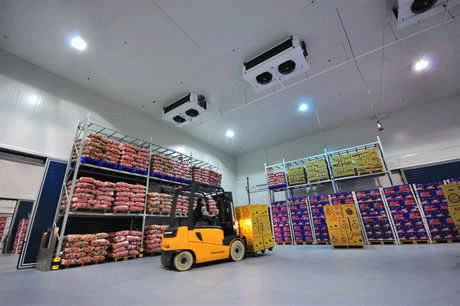 “More wide-bodied aircraft have
complemented the stability of the industry. Changi Airport Authority
of Singapore with various authorities and agencies are always watchful
and never leave opportunities unturned.
“More wide-bodied aircraft have
complemented the stability of the industry. Changi Airport Authority
of Singapore with various authorities and agencies are always watchful
and never leave opportunities unturned.
“Coolport is only in its second
year of operation and the impact may not be too visible yet, but it
is a national interest upgrade of the airport facility and in the
long term it will be a very viable facility.
“It will become a total logistics
hub for pharmaceutical and temperature control products.
“Changi Airport Group, together
with Singapore Airport Terminal Services, will continue to promote
this capability to ensure the facility will be fully utilized,”
said Mr. Lee.
A key criterion for forwarders in Singapore
is managing the region’s higher costs, which is handled in numerous
ways as outlined by Mr. Lee.
“The companies with strong presence
here use different methodology in managing their operational costs.
Most of the companies do not make staff
redundant, but compromise by reducing their salary on a temporary
basis, since staff cost is the main component of total expenditure.
“Other
cost reduction includes travel, utilities and also maximizing airline
pallet utilization.”
With SIA Cargo’s capacity reduced by 20 percent this, we wonder
how Singapore’s air cargo community will be affected.
“Although the freighter fleet
of SIA has been reduced by 20 percent in response to the weak economic
environment, cargo capacity has increased owing to the delivering
of twin aisle aircraft in response to passenger demand.
“The overall decline in load factors
is undermining cargo profitability. No particular routes are affected
and SIA did provide a head ups to SAAA in regards to the situation,
but the prerogative is still with the carrier.”
Capacity reduction is not the only concern
to the industry—high fuel costs and a new EU emission scheme
are also on the list.
“Over the last several months,
weakness in the Euro and gains in the U.S. Dollar meant that Euro-based
airlines could not take advantage of any falls in oil prices which
are U.S. based.
“The higher cost is definitely
a major concern to air cargo. The EU emissions scheme in my opinion
is going to make it worse,” said Mr. Lee
SkyKing/Flossie
|




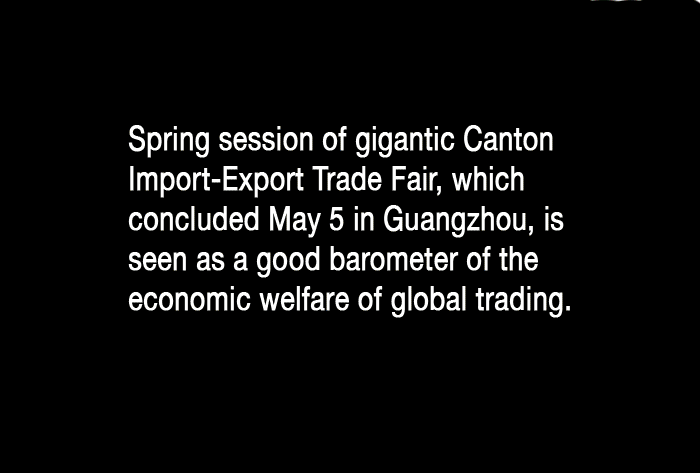



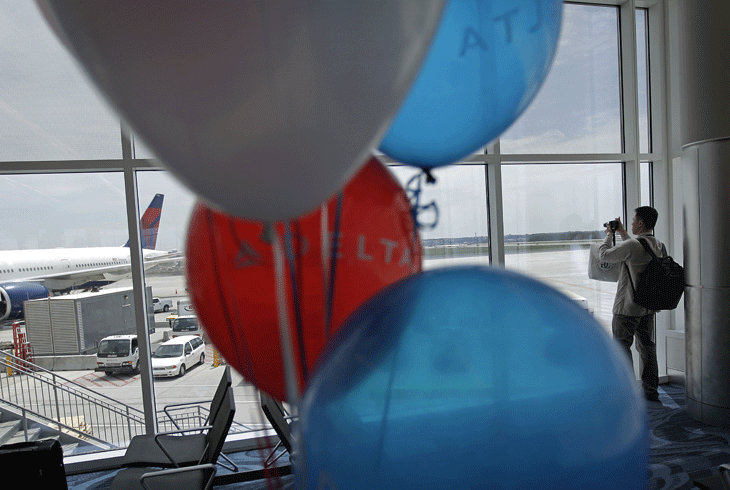

 “Overall
the result for last year was not so drastic; some forwarders did better
than previous years and some forwarders did worse.
“Overall
the result for last year was not so drastic; some forwarders did better
than previous years and some forwarders did worse.  “More wide-bodied aircraft have
complemented the stability of the industry. Changi Airport Authority
of Singapore with various authorities and agencies are always watchful
and never leave opportunities unturned.
“More wide-bodied aircraft have
complemented the stability of the industry. Changi Airport Authority
of Singapore with various authorities and agencies are always watchful
and never leave opportunities unturned. 
 Issa
Baluch may know as much about logistics as anybody you will ever meet.
Issa
Baluch may know as much about logistics as anybody you will ever meet.
